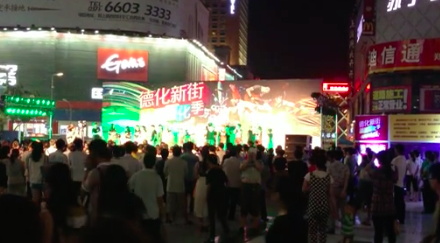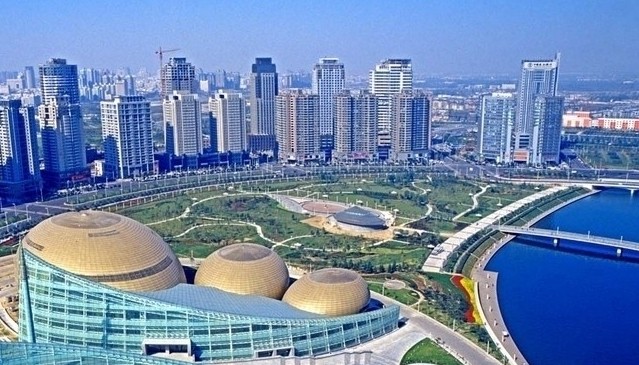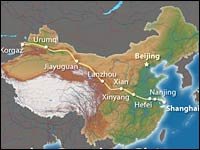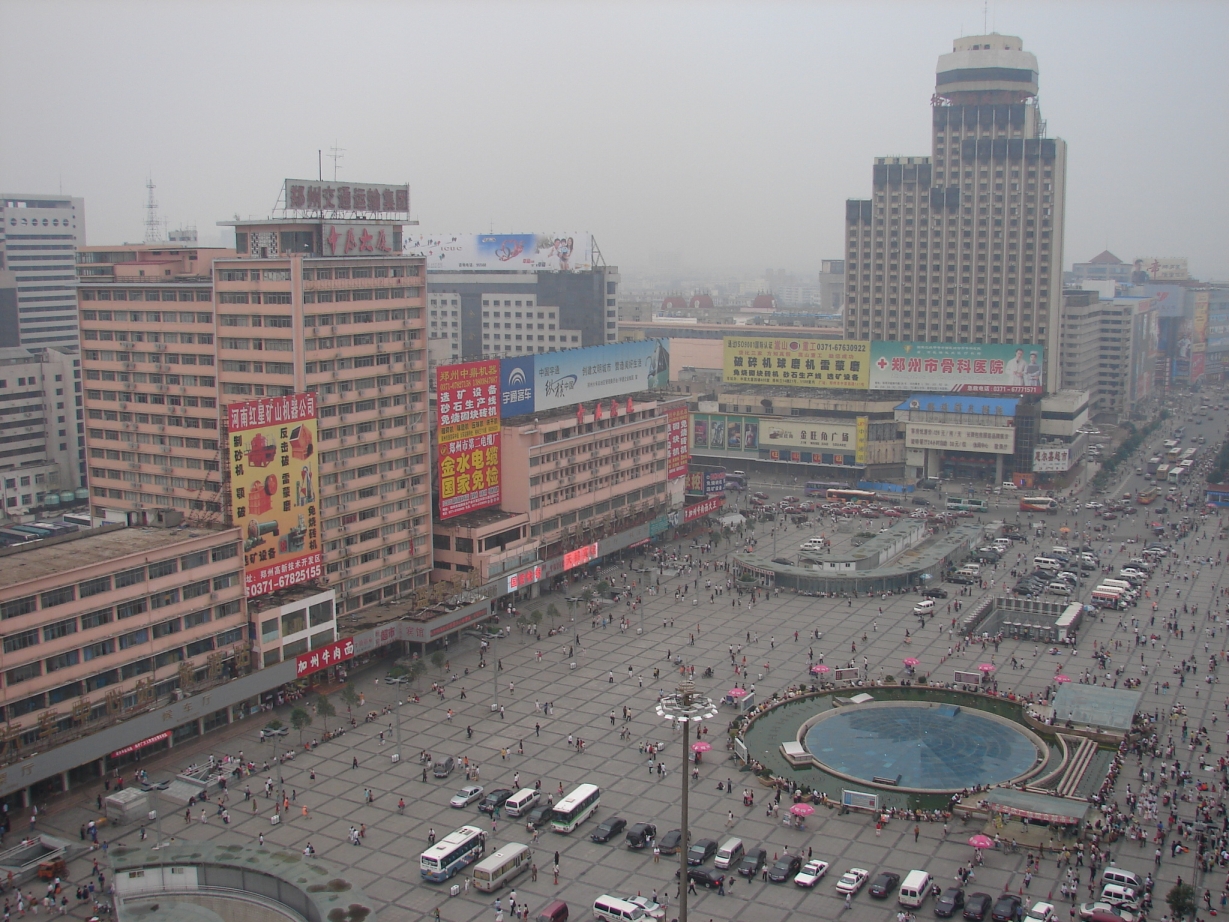It’s been almost 70 years since World War II ended, but China’s antipathy toward Japan remains intense.
Still stinging over the Japanese prime minister’s recent visit to a Tokyo shrine whose honorees include convicted WWII criminals, China has created two new national days commemorating Japanese aggression against its Asian neighbor.
Sept. 3 will mark Japan’s surrender in 1945 and Dec. 13 will memorialize the 1937-38 Nanjing massacre, when Japanese troops committed mass murder and rape against Chinese civilians. The Nanjing bloodbath was part of the second Sino-Japanese War, which merged with WWII after Japan attacked Pearl Harbor and China joined the Allies.
China also has a new video game called “Kill the Devils,’’ where players shoot at pictures of Japanese war criminals. The targets include former Prime Minister Hideki Tojo, who was executed for war crimes in 1948.
Many Chinese, particularly older people who lived through the war, remain suspicious of Japan and resent the fact that nationalists there refuse to apologize for their country’s militaristic past. Tension has increased recently because of the prime minister’s shrine visit and a territorial dispute over uninhabited islands in the East China Sea.
Most of my students at Henan University of Technology only have a cursory knowledge of World War II, and therefore don’t dislike the Japanese the way their parents and grandparents do.
“I know they did some bad things in the past,’’ one student told me, “but I don’t think they are like that anymore.’’




